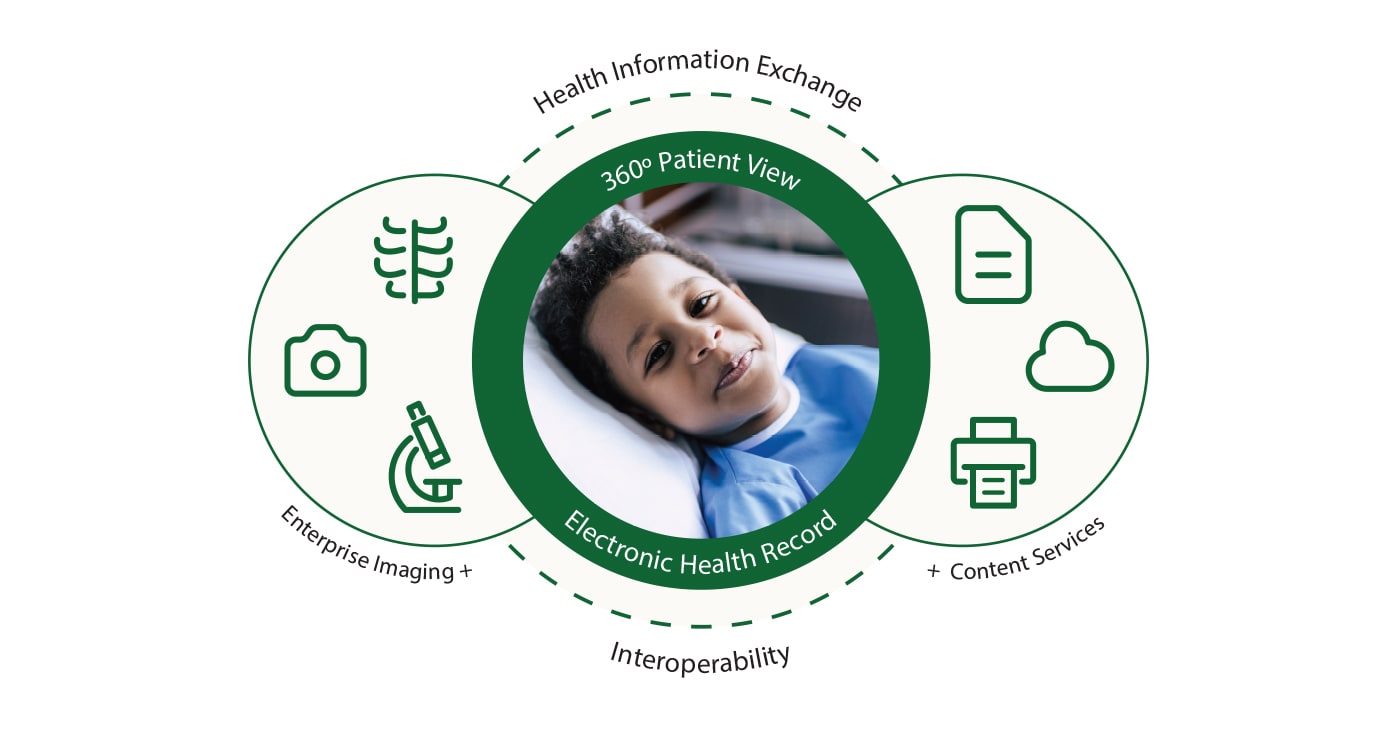Comprehensive Healthcare RCM for Improving Client Invoicing and Settlements
Comprehensive Healthcare RCM for Improving Client Invoicing and Settlements
Blog Article
Recognizing the Duty of Medical Care RCM in Enhancing Economic Efficiency and Client Fulfillment
Browsing the complexities of Medical care Income Cycle Monitoring (RCM) is necessary for accomplishing ideal financial efficiency while simultaneously raising person fulfillment. RCM's capacity to improve payment, guarantee accurate coding, and accelerate cases processing stands as a cornerstone of modern health care operations. Nonetheless, the nuanced interplay in between these components warrants a better examination to completely value their effect on both doctor and clients. As we explore the transformative possibility of RCM, concerns about its strategic execution and future developments beckon, encouraging insights that could redefine sector requirements and patient experiences alike.

Secret Elements of RCM
In the complex landscape of health care, Revenue Cycle Monitoring (RCM) is critical in guaranteeing economic security and functional effectiveness. Patient enrollment and eligibility verification are foundational steps, making sure that exact individual info is caught and insurance policy coverage is validated before solutions are provided.

Fee capture is another crucial component, including the exact recording of services offered to people. It guarantees that all billable solutions are made up, thus taking full advantage of revenue capacity. Concurrently, clinical coding translates patient encounters right into standardized codes, which are vital for billing and regulative conformity.
Claims entry and management follow, involving the preparation and submission of claims to payers. This process calls for meticulous interest to information to lessen errors and avoid delays. Rejection management is a proactive technique to solve and address rejected cases, safeguarding revenue streams.
Last but not least, settlement publishing and client collections finish the cycle, making sure settlements are precisely recorded and outstanding equilibriums are pursued. With each other, these components develop a robust framework that sustains the functional and financial health of health care organizations.
Effect On Financial Efficiency
Effective Income Cycle Administration (RCM) dramatically influences a medical care company's economic efficiency by optimizing capital and decreasing earnings leakage. RCM encompasses the extensive billing and collection processes that guarantee doctor successfully handle their financial deals from individual enrollment to final settlement. By simplifying these procedures, companies can minimize denied claims, accelerate payment cycles, and boost general economic health and wellness.
Financial efficiency is enhanced via precise monitoring of invoicing treatments, which includes exact coding and timely submission of cases. This minimizes the probability of insurance claim rejections and beings rejected, which can dramatically hinder revenue circulation otherwise attended to quickly. In addition, incorporating advanced innovation remedies assists in real-time tracking of claims and economic metrics, providing medical care managers with the devices required to make educated tactical choices.

Enhancing Individual Complete Satisfaction
While maximizing financial performance is a crucial objective of Income Cycle Administration (RCM), it additionally plays a pivotal role in improving person complete satisfaction. Individuals today need transparency, effectiveness, and precision in their healthcare communications. RCM systems improve these processes, offering people a smooth experience from consultation scheduling to payment. By lowering management problems, RCM enables doctor to focus much more on individual treatment, which directly enhances patient contentment.

RCM additionally boosts client complete satisfaction with efficient interaction. By keeping an extensive database of individual info, RCM assists in enhanced interaction in between individuals and doctor, guaranteeing patients really feel educated and valued. This openness and availability cultivate a favorable person experience. On the whole, effective RCM implementation not only boosts economic results yet additionally considerably adds to a patient-centered health care setting.
Strategies for Reliable RCM
Attaining reliable Revenue Cycle Management (RCM) requires healthcare organizations to carry out useful link a collection of tactical techniques that make sure monetary security and operational performance. One crucial method is the adoption of technology-driven solutions, such as incorporated software systems that improve invoicing processes, decrease mistakes, and enhance data accuracy. These systems enable real-time monitoring of financial metrics, enabling for punctual identification and rectification of ineffectiveness.
Another strategy is the standardization of procedures across the income cycle. Healthcare RCM. This involves establishing regular policies for individual enrollment, insurance coverage verification, and claims handling. By making certain that all team adhere to these standards, organizations can reduce disparities and expedite repayment collections
Personnel training and development likewise play a critical duty in efficient RCM. Trained workers can effectively navigate complicated billing treatments and guidelines, improving and reducing denials cash circulation. Normal updates on plan changes and ideal practices help maintain a experienced and experienced labor force.
Future Trends in RCM
As medical care organizations enhance their Income Cycle Management (RCM) methods with technology and standardized procedures, interest is now transforming towards the future fads view it now forming this vital area. One substantial pattern is the combination of expert system (AI) and machine knowing to automate complicated jobs, such as claims processing and predictive analytics. These modern technologies are expected to minimize mistakes, increase deal times, and provide data-driven insights for far better decision-making.
Furthermore, the change in the direction of value-based treatment remains to affect RCM practices - Healthcare RCM. Medical care providers are expected to increasingly concentrate on patient results and complete satisfaction, necessitating RCM systems that can fit brand-new compensation versions. This change will certainly need even more detailed information collection and evaluation to properly measure and report on performance metrics
Interoperability is one more emerging concern, as seamless data exchange between diverse systems ends up being crucial. Enhanced interoperability will help with even more exact person information sharing, lowering management burdens and improving the client experience.
Verdict
Healthcare Revenue Cycle Monitoring (RCM) dramatically affects both economic performance and patient complete satisfaction by optimizing invoicing procedures, making certain exact coding, and enabling prompt cases entry. Efficient RCM reduces profits leakage and speeds up money circulation, reducing claim rejections and accelerating payments. This efficiency fosters trust and complete satisfaction among individuals. RCM systems additionally assist in much better interaction and adaptable settlement options, creating a patient-centered experience. Future RCM patterns will likely concentrate on additional incorporating innovation to enhance these benefits.
Browsing the details of Medical care Profits Cycle Administration (RCM) is crucial for accomplishing optimal financial performance while concurrently elevating check that client satisfaction. RCM encompasses the thorough billing and collection procedures that make sure medical care companies effectively manage their financial purchases from person enrollment to last payment. By reducing administrative problems, RCM permits medical care companies to focus extra on patient care, which directly enhances person complete satisfaction.
By keeping an extensive data source of client details, RCM facilitates improved interaction between individuals and medical care companies, ensuring individuals feel informed and valued.Health Care Earnings Cycle Monitoring (RCM) considerably influences both economic efficiency and patient complete satisfaction by enhancing payment processes, guaranteeing precise coding, and enabling timely cases entry.
Report this page